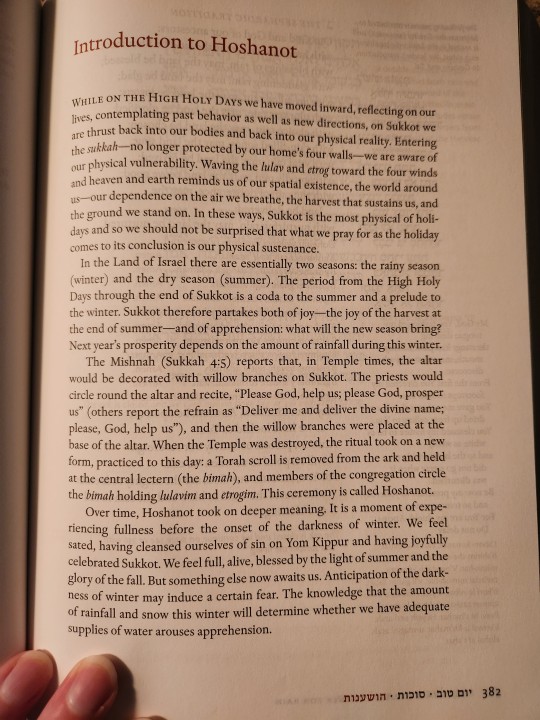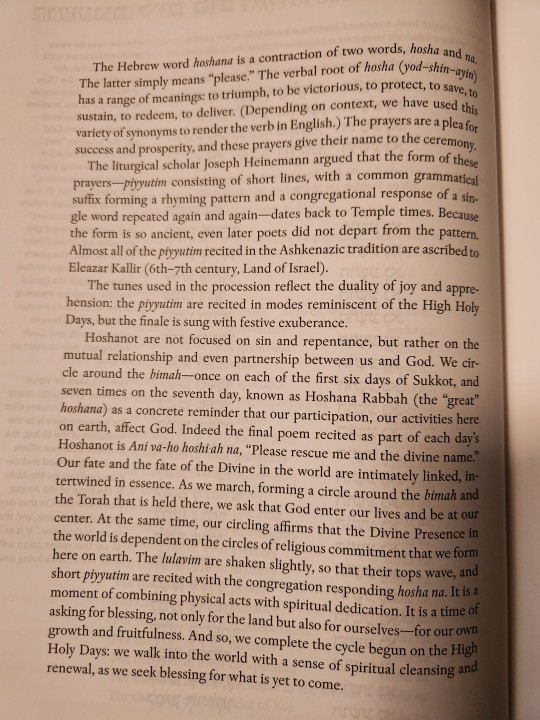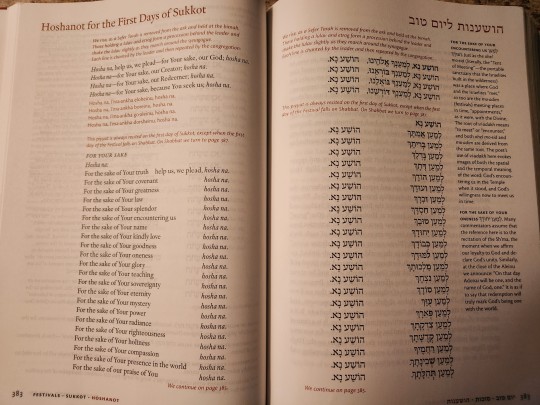Text
So Arizona launched an “education hotline” that allows “concerned parents” to report “””critical race theory””” and other things like ~gender identity~ being taught in the classroom
It would be a shame if the number and email were spread to bad actors looking to prank call the AZ Department of Education
602-771-3500 or empower @ azed .gov 🤡
193K notes
·
View notes
Text
just saw in some stupid medical drama someone burst into the hospital with an injured person over their shoulder and they said "is anyone here a doctor????" . that's so fucking dumb. thats like going into a rock climbing gym and saying "does anyone wanna start a podcast????" like thats the only people who go there dipshit
26K notes
·
View notes
Text
learned how to use blenders film making tools
86K notes
·
View notes
Text
ill be real the "poly people are uglyyy" thing just feels like cope? like theyre in a polycule. they have directly proven that multiple people find them hot enough to want to be in a relationship, often sexual, with. you have what? one single Monogamous Jessica, and you're terrified she'll leave you as soon as she sees a rooster with bigger tail feathers?
34K notes
·
View notes
Text
To follow up on my Hosanna poll, I think before things go any further, it'd be good to actually explain and define it. I was initially going to wait until the end of the poll, but it seems that google is giving people a lot of bad and/or conflicting answers and I'd rather people walk away with the correct information.
So! Hosanna is an anglicized version of the Hebrew words "hosha na" [הושע נא or as a contraction הושענא]. Hosha na is a little enigmatic and hard to translate, but the simplest translation is probably "save us, please." It's traditionally used as an exclamation to G-d to rescue us, but it also has shades of being a triumphant shout (the implication being confidence that G-d will save us.)
Jews say "hoshanot" (the plural of hosha na) as part of our traditional Sukkot liturgy, and is something we do still today.
For us, the multi-faceted meaning of the root word allows us to have multiple layers of meaning. During Sukkot, we start praying for rain in its proper season and amounts, and we shake the lulav and etrog as part of these processions and liturgy. On Hoshana Rabba [the "great hoshana"], the last day of Sukkot, we process around the bimah (front lectern) seven times as a completion of our season of repentance and our starting of the new year with abundant blessings.
My siddur (prayer book) Lev Shalem has this as an explanation and translation:



[Image ID is of the Lev Shalem siddur, pages 382 & 383 - I tried hard to find a pdf of this that would be readable using a screen reader, but the versions I'm finding cut off at pg. 376 at the latest. If anyone has bandwidth to type this up, I would greatly appreciate it]
For the curious, here is a recording of the Hoshanot liturgy and procession:
youtube
Christians mostly know the word from the gospels and hymns.
Here is what Wikipedia says about its use in Christianity:
Historical meaning
Since those welcoming Jesus were Jewish, as of course Jesus himself was, some would interpret the cry of "Hosanna" on the entry of Jesus in its proper meaning, as a cry by the people for salvation and rescue.
Christian reinterpretation
"Hosanna" many interpret as a shout of praise or adoration made in recognition of the messiahship of Jesus on his entry into Jerusalem
It is applied in numerous verses of the New Testament, including "Hosanna! blessed is the one who comes in the name of the Lᴏʀᴅ!" (Matthew 21:9,15; Mark 11:9–10; John 12:13), which forms part of the Sanctus prayer; "hosanna in the highest" (Mark 11.10); and "hosanna to the Son of David" (Matt 21:9). These quotations, however, are of words in the Jewish Psalm 118. Although not used in the book of Luke, the testimony of Jesus' entry into Jerusalem is recorded in Luke 19.
In church music
The "Hosanna Anthem", based on the phrase Hosanna, is a traditional Moravian Church anthem written by Bishop Christian Gregor of Herrnhut sung on Palm Sunday and the first Sunday of Advent. It is antiphonal, i.e. a call-and-response song; traditionally, it is sung between the children and adult congregation, though it is not unheard of for it to be done in other ways, such as between choir and congregation, or played between trombone choirs.
The bottom line:
Jews and Christians have different connections, associations, and meanings attached to this word as expressions of our different theologies and texts. The word is derived from a Hebrew word and was created by Jews and is still used by us today. (Like literally today - we are currently in the middle of the Sukkot festival.) Christians changed the meaning to fit within their own context, and pronunciation of the word evolved with linguistic drift over time. In the same way that there's not a reason to pitch a fit over saying Jesus rather than Yeshua, there's no compelling reason to change hosanna back to hosha na; if anything, the distinction helps make it clear that it's effectively a different word and concept from ours.
On the other hand, I do think Christians ought to know the original meaning of the word if they're going to use it. To only ever know their version when it was derived from ours is yet another small way of playing into supercessionism by erasing and replacing the Jewish context of things that were originated in Judaism that Christians have embedded in Christianity. While the Christians of today cannot unwind the supercessionism of Christian history, they *can* choose to understand their present Christianity in ways that do not play into supercessionism and that respect the Jewish community of today.
I hope this was helpful and gives folks a new perspective on an obscure Hebrew word!
499 notes
·
View notes
Text
I can’t believe what I’m seeing. I NEVER thought this would happen!
13K notes
·
View notes
Text
> kids party going on next door to where I'm chilling for my break. a lot of good-natured screaming typical of the age range, seems to be 6-8
> minding my own business but kids eventually spill over to where I am and they're chatting about the cake and cookies and sweets
> one kid rolls her eyes and says to me "they're acting crazy because they had cake"
> I ask "is there cake left?"
> "yeah"
> "I'll give you a dollar if you steal me slice of cake"
> takes off like a fucking rocket and 60 seconds later I have a slice of melting ice cream cake all to myself
> give her the dollar as promised
> another kid offers to bring me a cookie for a dollar
> ok sure kid
> those two kids are going feral over a single dollar bill each
> the children yearn for the mines fetch quests
73K notes
·
View notes
Text
> kids party going on next door to where I'm chilling for my break. a lot of good-natured screaming typical of the age range, seems to be 6-8
> minding my own business but kids eventually spill over to where I am and they're chatting about the cake and cookies and sweets
> one kid rolls her eyes and says to me "they're acting crazy because they had cake"
> I ask "is there cake left?"
> "yeah"
> "I'll give you a dollar if you steal me slice of cake"
> takes off like a fucking rocket and 60 seconds later I have a slice of melting ice cream cake all to myself
> give her the dollar as promised
> another kid offers to bring me a cookie for a dollar
> ok sure kid
> those two kids are going feral over a single dollar bill each
> the children yearn for the mines fetch quests
73K notes
·
View notes
Text
Have fun in the war dumbass I’ll be at home fucking military wives
522K notes
·
View notes
Text
weirdest part of being an adult is the fact that you can put off watching a movie for nearly a decade and barely notice
64K notes
·
View notes
Text
I’ll never understand why anthropomorphic animal cartoons like Robin Hood and Zootopia will go to the trouble of creating character designs that are meant to be understood as “attractive” or even “sexy” to the human audience but explicitly avoid showing interspecies romances between anthropomorphic animals. Why is THAT weird but, like, trying to make rabbits recognizably sexy-coded to humans isn’t?
353K notes
·
View notes
Text
"came back wrong" but it's food that you heated up in the microwave
129K notes
·
View notes


